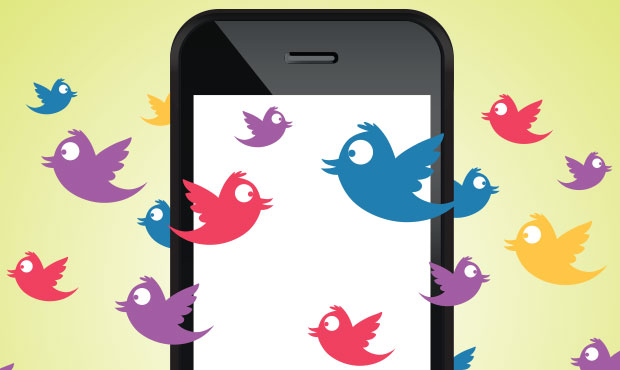
Twitter last week purchased Yes and named the mobile app startup’s CEO, Keith Coleman, as its new VP of product — a challenging post. Coleman will be Twitter’s third VP of product this year and the fifth since 2014.
Twitter’s main problems are monetization, which has plagued it since its founding; slowing user growth; and stiff competition.
Those encouraged by Coleman’s appointment cite his previous experience at Google. He served there as the project manager leading Google Plus, which includes Google Reader and Google Talk.
What Coleman Brings to the Twitter Table
Coleman “spent over a decade at Google building some of the most iconic and widely used products on the Internet, including Gmail and Inbox,” said a source close to the deal. He also “brings entrepreneurial experience, having most recently founded Yes, Inc.”
That background “is a clear indicator that he can create successful products and lead a team,” the person told the E-Commerce Times. Further, Coleman is “extremely passionate about [what] Twitter as a service provides to the world, and wants to make changes to the product that better serve that value proposition.”
However, it’s not clear what Twitter wants Coleman to do, cautioned Trip Chowdhry, managing director at Global Equities research.
“Spoil a product which is already very good?” he wondered.
Casting Doubt
Coleman “is a placeholder so that Twitter’s CEO gets more borrowed time,” Chowdhry told the E-Commerce Times. “At the end of the day, Twitter won’t be more than a (US)$5 to $10 stock — and I’m being very generous.”
Twitter “is really only good for politicians and celebrities, and its functions are amplification and discovery,” he said.
Purchasing Yes to get Coleman and his team “is an expensive way to fill that position,” suggested Andreas Scherer, managing partner at Salto Partners.
“My gut reaction with this type of deal is, the guy who sells his company and gets a boatload of cash tends to wait out the period he agrees to stay on board and then takes off,” he told the E-Commerce Times.
“He gets tens of millions, if not hundreds of millions, of dollars,” Scherer noted, “so what’s the incentive for him to stay on?”
Yes, You Have No Apps
Yes offered two apps — Frenzy, which let users make plans to get together with friends; and WYD, which let users share photo and video status updates using text and emojis.
Those apps will be shut down so Yes “can focus entirely on our new efforts,” the company said. Their users apparently will be left out in the cold.
Saving Twitter?
Twitter has been struggling with monetization for years.
It brought back cofounder Jack Dorsey last year — he took over as CEO after serving for three months in an interim capacity.
The company has introduced new products, including Vine and Periscope, in an effort to monetize.
However, “Periscope has been a disaster and Vine is shutting down,” Chowdhry pointed out.
Twitter’s inability to verify its users continues to plague the company.
“More than 60 percent of Twitter users have fake IDs or multiple IDs,” Chowdhry said, “and ion many countries in Eastern Europe and the Indian subcontinent, there are cottage industries where people sell 1,000 real Twitter users for $25.”
Also, Twitter “made zero dollars from Donald Trump winning the presidential election, because its ad targeting is terrible,” he pointed out.
The company should “change from being a fan creation or fan base media to being a logistical company,” suggested Chowdhry, “arranging events and providing ticketing and security for them.”
[Source:- Technewsworld]
